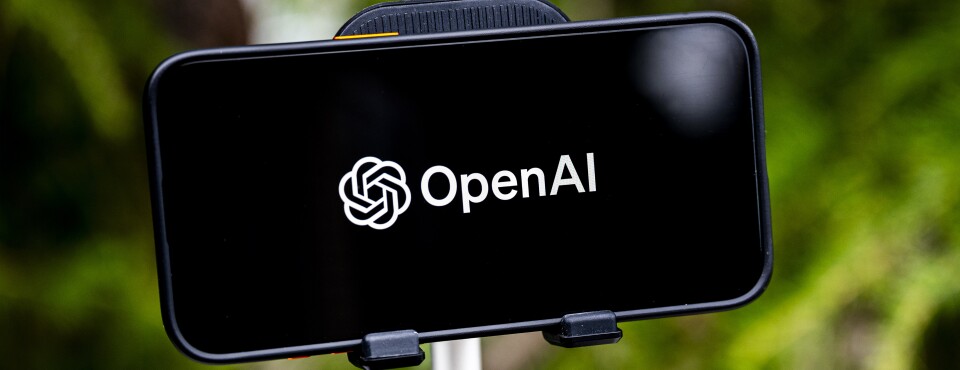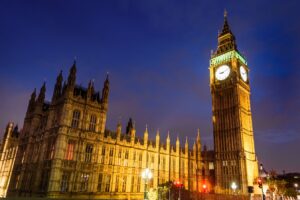Company Claims Previous Use of ‘Open AI’ Derails OpenAI’s Trademark Lawsuit

Understanding the Trademark Dispute Between OpenAI and Open Artificial Intelligence Inc.
Background of the Case
The legal conflict between OpenAI Inc. and Open Artificial Intelligence Inc. revolves around trademark usage, specifically the name "Open AI." Open Artificial Intelligence Inc. has claimed that it has been using this trademark since 2015, prior to the establishment of OpenAI Inc. in 2016. This assertion has become critical to their position in an ongoing lawsuit.
OpenAI’s Legal Position
OpenAI Inc., known for its development of AI technologies including the popular ChatGPT, has been seeking to solidify its rights to the name "Open AI." In a recent legal filing, OpenAI argued that Open Artificial Intelligence Inc. has not made significant use of the trademark over the last ten years. They have moved for a summary judgment, which is a legal procedure where one party seeks a ruling in their favor without going to trial, arguing that the evidence does not support the claim of sufficient trademark usage by the opposing party.
Open Artificial Intelligence Inc.’s Response
In response, Open Artificial Intelligence Inc. has strongly contested OpenAI’s claims. They argue that their use of the "Open AI" trademark began before OpenAI was founded and has been continuous. Open Artificial Intelligence contends that their prolonged usage qualifies them to retain rights to the trademark. They emphasized that numerous individuals have encountered their distinctive mark, suggesting a level of recognition that supports their case.
Key Arguments
Prior Usage: Open Artificial Intelligence insists that their usage began before OpenAI’s formation, an essential factor in trademark law that emphasizes the priority of usage.
Public Recognition: They also highlight that evidence shows a substantial number of people have come across their trademark. The argument here is that widespread recognition translates to rights over that mark under trademark law.
- Impact of OpenAI’s Argument: Open Artificial Intelligence argues that OpenAI’s claim about minimal usage does not hold when juxtaposed with their own established presence and usage since 2015.
Legal Implications
This case underscores the complexities surrounding trademark law, particularly in the fast-evolving technology sector. A jury will ultimately need to assess whether Open Artificial Intelligence’s assertions of its trademark usage hold enough weight to counter OpenAI’s claims. The outcome of this dispute could set significant precedents in trademark rights, especially for entities in the tech industry that operate in similar spaces.
What is Trademark Law?
Definition: Trademark law protects symbols, names, and slogans used to identify goods or services. It aims to prevent confusion in the market and protects brand integrity.
Rights: Rights arise from actual use in commerce, meaning that businesses must actively use their trademarks to maintain legal protections.
- Challenges: Disputes often arise over who first used a mark, as well as the extent of usage. Courts often look at evidence of public recognition and commercial exploitation to assess these claims.
Conclusion
As the case progresses, both parties will continue to present their arguments regarding the use of "Open AI." The court’s decision will hinge on several factors, including the history of trademark usage and the level of recognition each company has achieved in the market. This situation illustrates not only the intricacies of trademark law but also the challenges faced by emerging technologies in establishing and protecting their identities.





